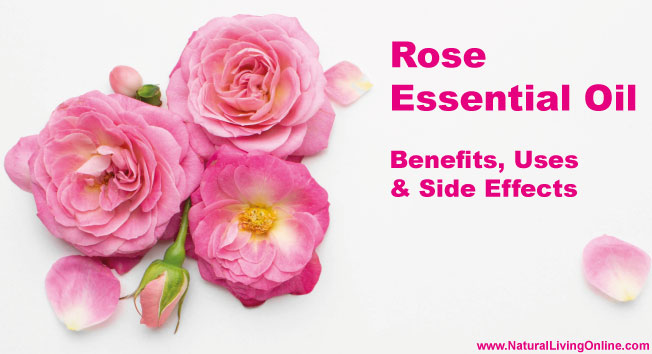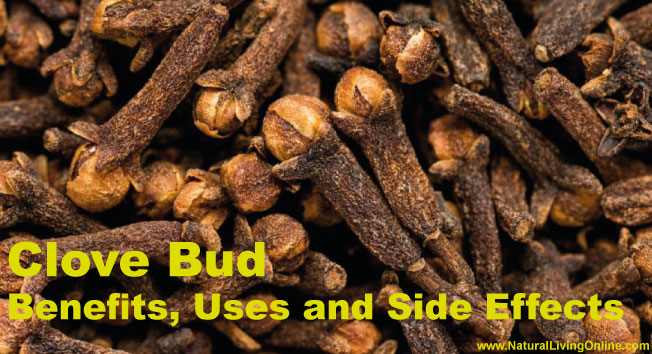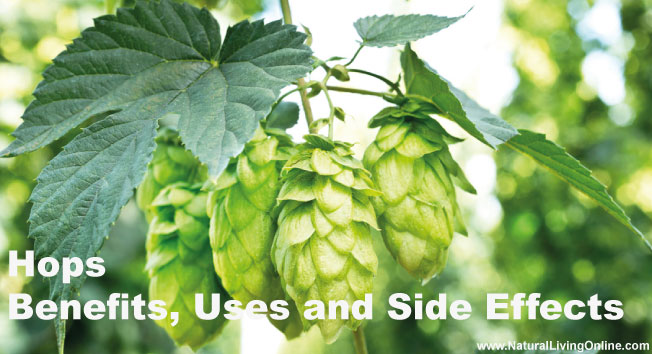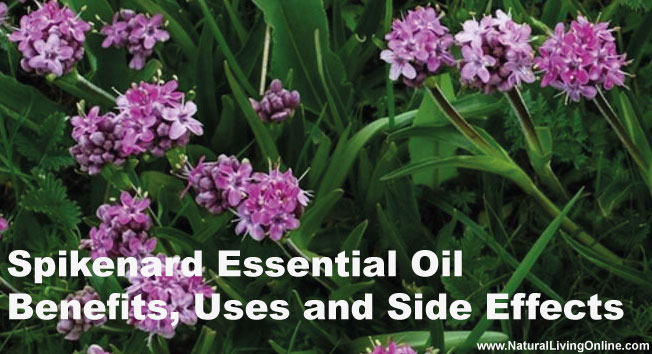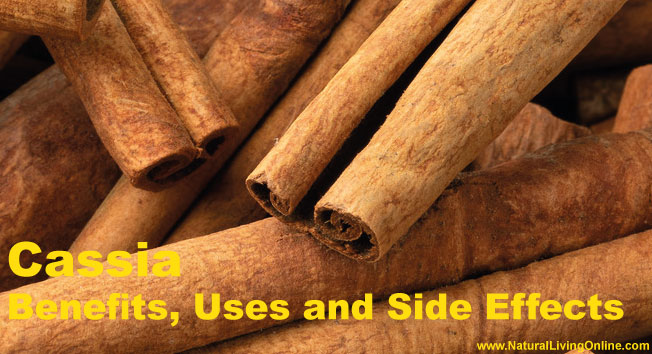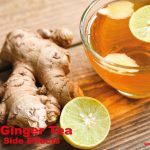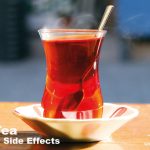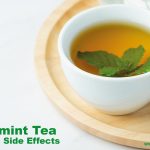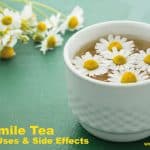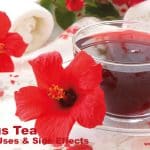Rose essential oil has been used for centuries in skincare and its benefits are well-documented. Rose absolute is a more concentrated form of rose oil and is said to have even greater skin benefits. In this guide, we’ll explore the benefits of both rose essential oil and rose absolute, as well as their potential side effects. Rose essential oil is good for the skin, hair and nails. It can help to moisturize the skin, improve circulation and reduce inflammation. Rose absolute is even said to help diminish scars and wrinkles. When used in aromatherapy, rose oil is said to boost mood and provide relief from anxiety and stress. Rose essential oil and rose absolute are also said to be effective in treating acne, eczema, psoriasis, and other skin conditions.
Rose essential oil is extracted from the petals of the rose plant by steam distillation. Rose absolute is extracted using a solvent, such as hexane. This process is known as solvent extraction and it produces a more concentrated form of rose oil. Rose CO2 extract is another type of rose oil that’s said to be even more concentrated than rose absolute. It is extracted using carbon dioxide and is said to have all of the benefits of rose essential oil and rose absolute, but in a more dense and potent form.
Essential Oil Profile / Monograph
Botanical Name: Rosa damascena
Common Names: Rose, Damask rose
Plant Family: Rosaceae
Countries of origin: Bulgaria, Turkey, Russia, India, Iran, Pakistan
Extraction Method: solvent extraction
Parts Used: flower petals
Essential Oil smell: floral, sweet, rose-like
Essential Oil Color: pale yellow to amber
Viscosity: thin
Perfumery Note: middle
Strength of Aroma: strong
Blends Well With: jasmine, neroli, sandalwood, ylang-ylang
Therapeutic Properties: antidepressant, antiseptic, astringent, bactericidal, carminative, cicatrizant, depurative, emmenagogue, hemostatic, laxative, nematicide, purgative, stimulant (nervous), stomachic, tonic
Uses: acne, anxiety, depression, dry skin, eczema, emotional stress, headaches, heart palpitations, indigestion, inflammation, irritability, menstrual cramps, oily skin, psoriasis, scarring, scabies, wrinkles
Contraindications: none known
Side Effects: none known
Types: Absolute, CO2 Extract, Essential Oil
Chemical Constituents:
Rose essential oil: Citronellol (2-5%), Geraniol (5-10%), Nerol (2-5%), Phenyl Ethyl Alcohol (2-5%)
Rose absolute: Benzyl Alcohol (1-5%), Eugenol (<1%), Farnesol (<1%), Geraniol (10-20%), Nerol (1-5%), Phenyl Ethyl Alcohol (10-20%)
Rose CO2 extract: Benzyl Alcohol (1-5%), Eugenol (<1%), Farnesol (<1%), Geraniol (10-20%), Nerol (1-5%), Phenyl Ethyl Alcohol (40-60%)
What is Rose?
Rose is a flowering plant in the Genus Rosa, within the family Rosaceae. There are over 100 species and thousands of cultivars. The flowers vary in size and shape and are usually red, but can also be white, yellow, or pink. Roses are found throughout the world and have been cultivated for centuries for their beautiful flowers. The essential oil is extracted from the petals of the rose plant by steam distillation.
Benefits
1. Reduces anxiety and tension
2. Eases depression
3. relieves headaches and migraines
4. Reduces inflammation
5. Heals wounds and scars
6. Relieves menstrual cramps
7. Reduces heart palpitations
8. Reducing wrinkles and fine lines
9. Fading scars and other blemishes
10. Giving the skin a radiant, healthy glow
The modern investigations on Rosa damascena have been confirmed the antiviral, antibacterial, anticancer, antidepressant, antioxidant, analgesic, anti-inflammatory, anticonvulsant activities and its relaxant and hypnotic effects.
Source
Uses
1. Aromatherapy: Add a few drops of rose essential oil to your diffuser or vaporizer to enjoy the benefits of aromatherapy.
2. Massage: Add a few drops of rose essential oil to your favorite massage oil or lotion to enjoy a relaxing massage.
3. Bath: Add a few drops of rose essential oil to your bathtub for a relaxing and stress-relieving bath.
4. Facial steams: Add a few drops of rose essential oil to boiling water and inhale the steam to help open up pores and detoxify skin.
5. Compresses: Add a few drops of rose essential oil to a bowl of cold water and soak a clean cloth in it. Apply the compress to the skin for a soothing and cooling effect.
Historical use
Rose has been used for centuries as a herbal medicine to treat various ailments. It was used to treat everything from anxiety and depression to headaches and menstrual cramps. Roses were also used topically to heal wounds and scars.
Rose tea has been used for centuries as herbal remedy. Rose herbal tea is full of antioxidants and has many health benefits including reducing anxiety, easing depression, and relieving menstrual cramps.
Topical use
1. Add a few drops of rose essential oil to your favorite lotion or cream and apply it to the skin.
2. Add a few drops of rose essential oil to a bowl of warm water and soak a clean cloth in it. Apply the compress to the skin for a soothing and relaxing effect.
3. Add a few drops of rose essential oil to your bathtub for a relaxing and stress-relieving bath.
Rose Essential Oil benefits for skin:
1. Reduces inflammation
2. Heals wounds and scars
3. Soothes skin
4. Reduces wrinkles
5. Moisturizes dry skin
6. Treats acne
7. Treats psoriasis
8. Treats eczema
Rose Essential Oil benefits for hair:
1. Adds shine
2. Moisturizes dry hair
3. Reduces frizz
4. Strengthens hair
5. Prevents dandruff
6. Stimulates hair growth
Aromatherapy benefits
1. Reduces anxiety and tension
2. Eases depression
3. Relieves headaches and migraines
4. Reduces inflammation
5. Heals wounds and scars
6. Relieves menstrual cramps
7. Reduces heart palpitations
Diffuser blends for aromatherapy with Rose Oil
For love and peace: 2 drops rose, 2 drops lavender, 1 drop chamomile
For relaxation: 3 drops rose, 2 drops sandalwood, 1 drop ylang ylang
For focus: 1 drop rose, 2 drops lemon, 2 drops basil
For energy: 1 drop rose, 2 drops grapefruit, 2 drops peppermint
For balance: 2 drops rose, 2 drops geranium, 1 drop rosemary
For positivity: 3 drops rose, 1 drop bergamot, 1 drop lemon
For joy: 4 drops rose, 1 drop lemongrass
DIY recipes with Rose Oil
Face serum for dry skin:
1 tablespoon jojoba oil
1 teaspoon rosehip seed oil
5 drops rose essential oil
Mix all ingredients together and apply to the face.
Body scrub for soft skin:
1 cup sugar
1/2 cup olive oil
10 drops rose essential oil
Mix all ingredients together and use it as a body scrub.
Bath bomb for relaxation:
1 cup baking soda
1/2 cup citric acid
1/2 cup cornstarch
1/2 cup epsom salt
10 drops rose essential oil
1 tablespoon water
Mix all ingredients together and use it as a bath bomb.
Facial toner for glowing skin:
1/4 cup witch hazel
1/4 cup rosewater
5 drops rose essential oil
Mix all ingredients together and apply it to the face with a cotton ball.
Hair serum for shiny hair:
1 tablespoon Argan oil
5 drops rose essential oil
Mix all ingredients together and apply it to the hair.
Frequently Asked Questions
Who should not use Rose oil?
People with rose allergies should not use rose oil. Other than that, there are no specific contraindications for using rose oil.
Does Rose oil interact with any medicine?
There are no known interactions between rose oil and any medications. However, as with any essential oil, it is always best to speak with a healthcare professional before using it.
Can you use Rose oil everyday?
Yes, rose oil can be used everyday.
Is it OK to breathe in Rose oil?
Yes, it is fine to inhale rose oil. In fact, many people find the aroma of rose oil to be very relaxing and therapeutic.
How much Rose oil daily is safe?
There is no set amount of rose oil that is considered safe to use everyday. However, a good rule of thumb is to start with a small amount and increase as needed. If you experience any irritation, stop using the oil and speak with a healthcare professional.
Does Rose oil raise blood pressure?
There is no evidence to suggest that rose oil raises blood pressure.
Does Rose oil attract flies?
There is no evidence to suggest that rose oil attracts flies. In fact, many people find the opposite to be true.
Can I directly use Rose oil on skin?
Yes, you can use rose oil directly on the skin. If you have sensitive skin, it is always best to dilute the oil with a carrier oil such as jojoba or coconut oil.
Is Rose oil good for hair?
Yes, rose oil is good for hair. It can help to nourish and moisturize the scalp and hair.
Is Rose Essential Oil safe for kids?
Yes, rose essential oil is considered safe for kids. However, as with any essential oil, it is always best to speak with a healthcare professional before using it.
Resources:
Pharmacological Effects of Rosa Damascena
Influence of Rosa damascena hydrosol on skin flora (contact culture) after hand-rubbing
Therapeutic efficacy of rose oil: A comprehensive review of clinical evidence
Scientific Analysis of Rose Essential Oils: Viewed from Various Perspectives
This website does not provide medical advice.
All information provided on this website, and on associated social media networks, including but not limited to texts, images, and numbers are for general information purpose only. It is not intended as medical advice and it does not include all possible precautions, side effects, or interactions that may occur. Neither NaturalLivingOnline.com nor its author/founder take responsibility for how you use this information. Statements contained on NaturalLivingOnline.com have not been evaluated by the FDA. You should conduct thorough research via multiple sources and consult your physician or qualified doctor before using any essential oil or herbal remedy. Information on NaturalLivingOnline.com must not be relied upon for medical, legal, financial or other decisions.

